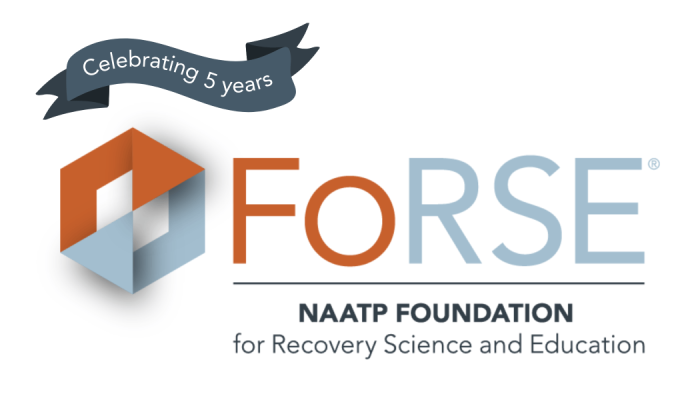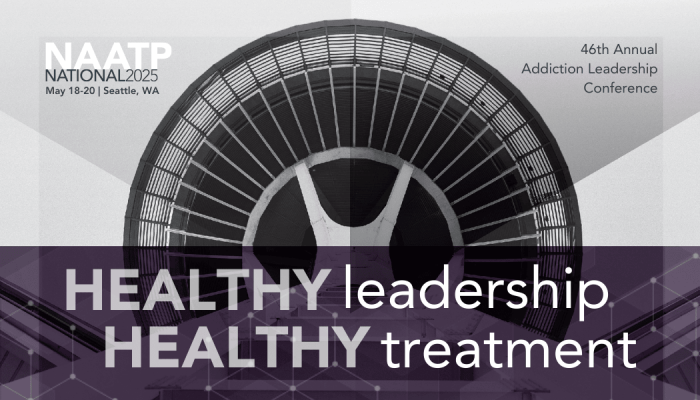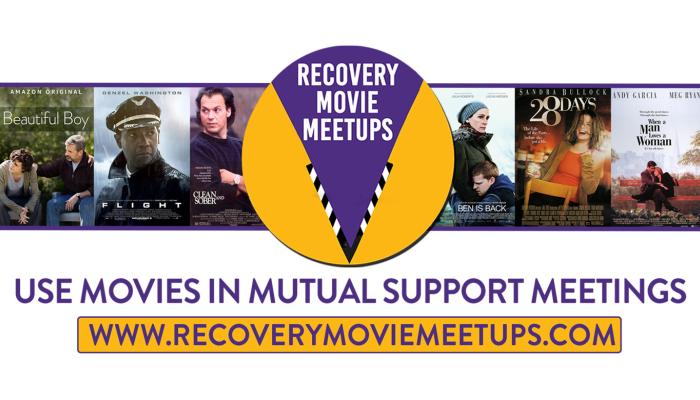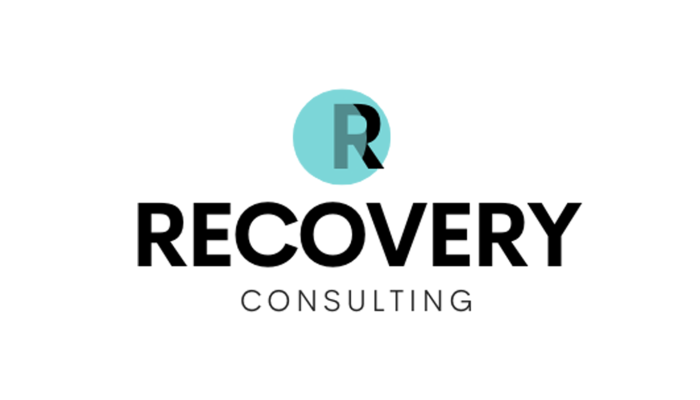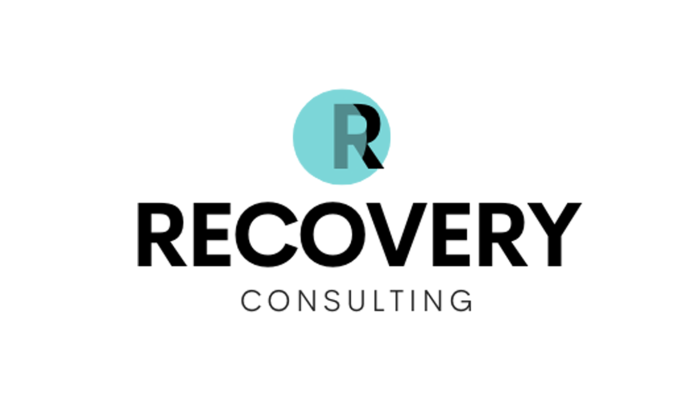Dec 20, 2023
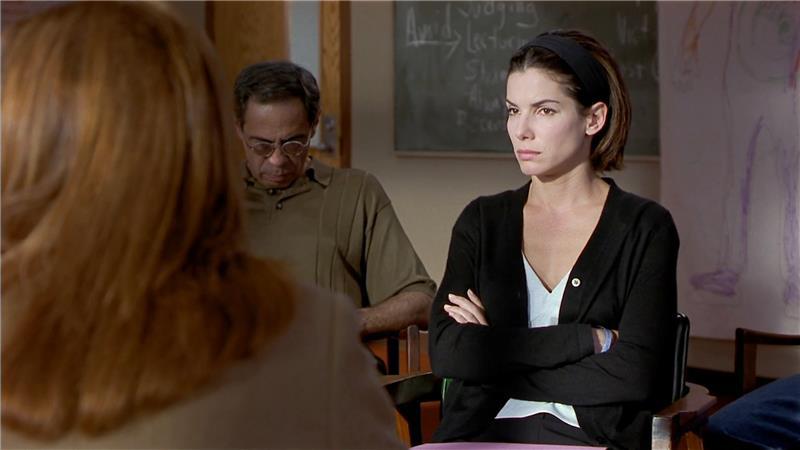
The winter holidays are quickly approaching, which means you’ll finally have some time to relax and wind down. Many choose to do so with a movie or a television series. Whether it be romanticized, watered down, or exaggerated, T.V. shows and movies that depict addiction are more for entertainment than educating on the actual realities of the disease. Because of this, many people have a false perception of what it is like to live with a substance use disorder (SUD) and can unknowingly buy into and contribute to the many troubling stereotypes.
In this month’s blog, Ted Perkins, CEO of Recovery Movie Meetups, talks about the film "28 DAYS" and why he believes it has stood the test of time as far as being one of the greatest depictions of addiction and substance use disorder treatment. Perkins is the author of the book "Addicted in Film: Movies We Love About the Habits We Hate".
Hollywood as the Great Ambassador for the Treatment Community
As we approach the 25th anniversary of its production, it's remarkable how much impact the Sandra Bullock film 28 DAYS film still has on the recovery world. To an extent little known outside recovery circles - but often acknowledged by those treatment facilities who use cinematherapy as part of their continuum of care - 28 DAYS managed to accomplish two wonderful things: 1) Inspire individuals in recovery who watched the film either on their own or in group meetings at treatment facilities, and 2) positively impact public perception about recovery and the rehab industry as a whole.
The power of this film - like many other films about addiction and recovery lies in the fact that it allows viewers to identify with characters, like Sandra Bullock, who are undergoing difficult but profound transformations in their lives. Identification leads to empathy, and the resulting emotional arousal can often lead to deep self-reevaluation - those “ah-hah moments” after watching the film. When this happens in a therapeutic setting, the results can be astounding.
Although films about recovery were scant before 28 DAYS, films about addiction go back more than 100 years. Some are classics, like LOST WEEKEND. Others are horrible, like REEFER MADNESS. Regardless, Hollywood - an industry primarily concerned with generating profits - has done a fair bit of public service over the years by telling challenging stories about difficult topics like addiction.
Given the film’s immense impact on the recovery world, you would think this was all done by design. But it wasn’t. Susannah Grant, the screenwriter, tells of how the genesis of the idea happened quite casually while she was spit-balling film ideas around with Colombia Pictures then-President of Production Amy Pascal. “Hey, why don’t you write a film about rehab?” Pascal asked Grant. “Sure, but it has to be funny,” Grant replied. And funny it was. Despite the “difficult topics” covered in the film, 28 DAYS - led by its effervescent lead actress Sandra Bullock - managed to open #2 at the box-office and went on to become the highest-grossing film about addiction and recovery ever made.
Why is this? There are many reasons. Foremost among them is that the film explored multiple dimensions of the addiction and recovery story with accuracy and balance. Some of the issues it addressed:
- How common social activities for young professionals like bar-hopping and heavy drinking with friends can turn into serious problems for some
- The various ways people in rehab try to “bend the rules” in order to avoid the hard work of recovery
- The powerful role of mutual support meetings and strong social bonds in successful recovery
- The influence of a parent’s past addiction on their son’s or daughter’s present day behaviors
- How successful rehab has as much to do with honestly admitting one has a problem as it does with stopping the consumption of drugs and/or alcohol
Sandra Bullock gives a wonderfully authentic performance as Gwen Cummings, a run-of-the-mill party animal who disrupts her sister’s wedding reception by drunkenly falling on the wedding cake. She then has the brilliant idea to steal a limo and drive drunk to find a cake shop to replace it. Predictable consequences ensue, and she is court-ordered to check into a 28-day rehab.
But not just any rehab. The facility featured in the film, “Serenity Glen” (not a real place), literally steals the movie. The food’s great. The people are happy. Everyone watches movies and soap operas together every night, cuddled together under blankets. Makes recovery seem almost...fun. (And whoever said recovery couldn't be fun? This revelation alone makes the film one of the best ambassadors that the treatment community has ever had.)
Gwen spends the rest of the movie transforming from a cynical “here-only-because-I-have-to-be" inmate into a fully engaged “I get it now” joiner. Her eventual acknowledgement of her addiction problem mirrors that of most people who enter rehab in real life. At the beginning, there is usually some reluctance, the feeling that they are not like “those people.” But once they accept the fact that they do have a problem that needs fixing, the real work of long-term recovery can begin.
28 DAYS succeeds at being earnest, but it is also really funny. Gwen’s journey to redemption and sobriety is helped along by a hysterical ensemble cast that transforms the typically somber affair of rehab into something more like a cool-kids summer camp. Screenwriter Grant creates various supporting characters who cover the gamut of addictions and personality types, and each help Gwen process her addiction and inspire her recovery in their own unique ways. Mutual support was never more fun or funnier.
The ending of the film is perhaps the most relatable to anyone who has gone through rehab and is now facing life on the outside - where relapse is not only possible, but quite common. Director Betty Thomas certainly teases this possibility visually when Gwen returns home to her New York City neighborhood, a place brimming with bright neon bar and liquor store signs. Will she or won’t she relapse? Best to watch the film to find out.
28 DAYS has a well-deserved place in most everybody’s list of top-10 movies about addiction and recovery, and a quarter century after it was produced, it's still as relevant as ever. The filmmakers don’t sugar-coat rehab, but don’t expose any sordid underbellies either - because there really aren’t any. The film proves that difficult messaging about challenging topics can be accomplished with levity and honesty and a great deal of humor. And it shows the recovery industry for what it truly is: A compassionate and effective way to help individuals overcome addiction and go on to lead happy, healthy lives - just like in the happy endings we love to see in movies.
ABOUT THE AUTHOR
 Ted Perkins is a former Universal Pictures and Warner Bros. Studio executive, university lecturer, public speaker, Hollywood producer, and successful writer of hit films and TV series. His YouTube series Tips & Tools for Recovery That Works has been seen by over half a million viewers around the world, and he helps individuals on their recovery journey through his blogs and weekly SMART Recovery meetings. He is the author of ADDICTED in FILM: Movies We Love About the Habits We Hate and Founder/CEO of the mutual support meeting program RECOVERY MOVIE MEET-UPs currently being adopted in addiction treatment facilities, sober homes, and recovery community organizations around the country.
Ted Perkins is a former Universal Pictures and Warner Bros. Studio executive, university lecturer, public speaker, Hollywood producer, and successful writer of hit films and TV series. His YouTube series Tips & Tools for Recovery That Works has been seen by over half a million viewers around the world, and he helps individuals on their recovery journey through his blogs and weekly SMART Recovery meetings. He is the author of ADDICTED in FILM: Movies We Love About the Habits We Hate and Founder/CEO of the mutual support meeting program RECOVERY MOVIE MEET-UPs currently being adopted in addiction treatment facilities, sober homes, and recovery community organizations around the country.





